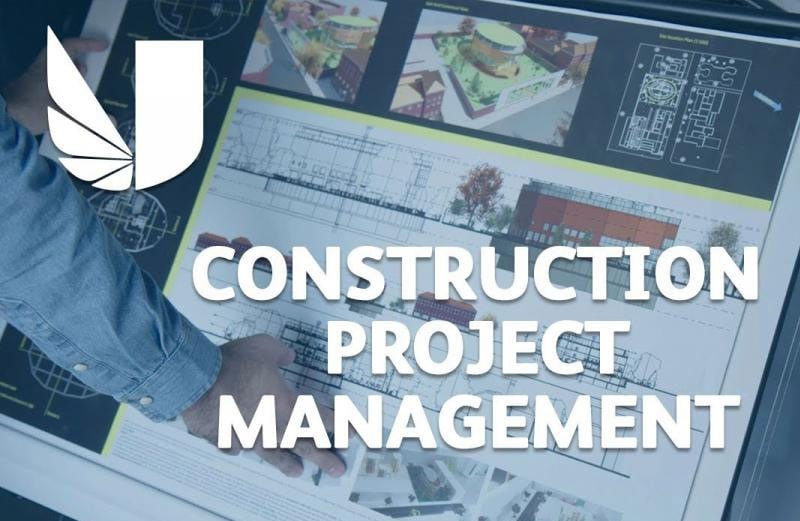When you’re buying a home, it’s easy to get caught up in the excitement of finding your perfect place and securing your mortgage. However, amidst all the thrill, it’s crucial to remember that the home buying process doesn’t end with the offer acceptance. One significant factor that often catches first-time homebuyers off guard is closing costs. These costs can add up quickly and impact your final home purchase price, so understanding what they are and how to prepare for them is essential.
In this article, we’ll explain closing costs, what’s included, how much you can expect to pay, and how you can prepare for them. Whether you’re a first-time buyer or a seasoned homeowner, knowing about closing costs will help you navigate the final stages of purchasing your new home with confidence.
What Are Closing Costs?
Closing costs refer to the fees and expenses you need to pay when you finalize the purchase of a home. These costs can vary widely depending on factors such as the home’s price, your lender, and your location. In essence, closing costs are the charges associated with completing the transaction and transferring ownership from the seller to the buyer.
Closing costs are separate from your down payment, which is the amount you contribute towards the home’s purchase price. While your down payment is usually a percentage of the home’s price, closing costs are a combination of various fees and expenses that cover the transaction’s administrative and legal costs.
What’s Included in Closing Costs?
Closing costs can include various fees, both from the lender and third parties, all of which are necessary to complete the sale. Some of the most common components of closing costs include:
1. Loan Origination Fees
Loan origination fees are charged by your lender when processing and preparing your mortgage application. These fees typically cover the costs associated with underwriting, processing, and approving your loan. The loan origination fee can vary but is often around 0.5% to 1% of the loan amount.
2. Appraisal Fee
Lenders generally require an appraisal to determine the market value of the property you’re buying. This ensures that the property is worth the amount you’re borrowing. Appraisals usually cost between $300 and $700, depending on the property’s location and size.
3. Home Inspection Fees
A home inspection is an important step in the home buying process. A qualified inspector will check the property for structural issues, pests, and other potential problems. Home inspections typically cost between $300 and $500 but can vary based on the home’s size and location. While inspections are not always required by lenders, they are highly recommended to ensure you’re aware of any potential problems with the property.
4. Title Search and Title Insurance
A title search is conducted to ensure that the property has a clear title and no legal issues, such as outstanding liens or claims. Title insurance is then purchased to protect both the buyer and the lender in case any title issues arise after the sale is complete. The cost of title insurance and title search can vary, but it typically ranges from $500 to $1,500.
5. Survey Fees
Some lenders may require a property survey to confirm the boundaries of the property being purchased. The survey can cost anywhere from $300 to $1,000, depending on the complexity of the survey and the location of the property.
6. Escrow Fees
An escrow account is used to hold money for items such as property taxes and insurance premiums. Escrow fees can vary, but they typically range from $300 to $700, depending on the location and size of the transaction.
7. Attorney Fees
In some states, attorneys are required to be involved in the closing process to ensure that all legal documents are in order and that the transaction is conducted properly. The cost of an attorney’s services can vary, but it is often around $500 to $1,500.
8. Property Taxes
You will also need to pay any outstanding property taxes owed on the home at the time of closing. The amount will depend on when the taxes were last paid and the property’s tax rate. Property taxes can be prorated, meaning you only pay for the portion of the year you’ll own the home.
9. Homeowner’s Insurance
Before closing, you’ll need to provide proof of homeowner’s insurance to protect the property in case of damage or loss. The cost of homeowner’s insurance can vary based on the value of the home and the location but typically ranges from $500 to $2,000 per year.
10. Recording Fees
Recording fees are charged by the local government to record the new deed and mortgage, making the sale official. These fees can vary but generally range from $50 to $250.
How Much Do Closing Costs Typically Amount To?
Closing costs typically range between 2% and 5% of the home’s purchase price. For example, if you’re purchasing a home for $300,000, you can expect to pay anywhere from $6,000 to $15,000 in closing costs. Keep in mind that these costs can vary based on the home’s price, the state in which you’re purchasing, and the specific fees charged by your lender and third parties.
How to Prepare for Closing Costs
Preparing for closing costs is an important part of the home buying process. Here are some tips to help you plan ahead:
1. Budget for Closing Costs Early
One of the most common mistakes first-time homebuyers make is failing to budget for closing costs. While your lender will provide an estimate of your closing costs before the final closing date, it’s important to have a clear idea of what to expect. Set aside funds for closing costs as early as possible in the homebuying process.
2. Shop Around for Lenders and Services
Not all lenders charge the same fees, so it’s a good idea to shop around to find a mortgage lender that offers competitive closing costs. Similarly, you can compare quotes for services like home inspections and title searches to find the best value.
3. Consider Negotiating
In some cases, you may be able to negotiate some of the fees associated with closing costs. For example, you may be able to negotiate with the seller to cover some of the costs or ask your lender for a reduction in certain fees.
4. Ask for a Loan Estimate
Your lender is required by law to provide you with a Loan Estimate (LE) within three business days of receiving your mortgage application. This document provides a detailed breakdown of all the estimated costs associated with your mortgage, including closing costs. Use this estimate to get an idea of what to expect.
5. Consider Closing Cost Assistance Programs
Some government programs or lender-sponsored initiatives offer financial assistance to help with closing costs. If you qualify, these programs can significantly reduce the amount you need to pay upfront.
Can Closing Costs Be Rolled Into the Loan?
In some cases, you can roll your closing costs into your mortgage loan. This is known as a no-closing-cost mortgage. While this option can make it easier to afford your closing costs upfront, it typically means you’ll pay a higher interest rate or the costs will be added to your loan balance. It’s important to carefully consider whether this option makes sense for you financially.
Conclusion
Closing costs are an unavoidable part of the homebuying process, but with proper planning and understanding, you can avoid any surprises when it comes time to finalize your home purchase. By budgeting for these costs, shopping around for the best rates, and exploring potential assistance programs, you can minimize the financial strain of closing costs.
If you’re looking for a trusted mortgage lender to guide you through the process and help you understand your closing costs, reach out to DSLD Mortgage. Their team can assist you with securing the best mortgage for your needs while providing clarity on all costs associated with buying a home.
With the right preparation and guidance, you’ll be well-equipped to manage your closing costs and move into your new home with confidence.













